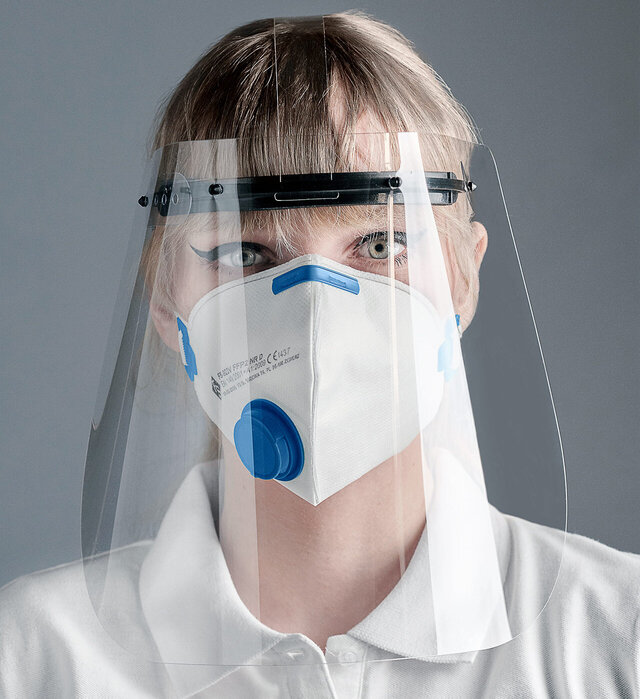Innovative response
The Danish government launched the COVID-19 infection tracing app Smitte|stop the 18th of June 2020, which has been downloaded more than 660.000 times by the 3nd of July. This corresponds to approximately 12 percent of the Danish population – 14 percent of the population aged 15 years or more. It received the most downloads ever in Denmark by a new app on the first day and first week after publication.
The key function of the app is to notify citizens who have been in close proximity to a person infected with COVID 19.
It is now documented, that the app works and makes a difference – many have reported themselves infected though the app and other users have received notifications as a consequence.
You can find a full English description of the app here: https://smittestop.dk/about-the-app.
The technology is based on the Google/Apple API and Bluetooth. The app completely abides by the recommendations of the EU Commission and the Danish app strengthens the possibility for interoperability with other tracing apps. The new app is used in the government's reopening strategy.
See details and elaborated considerations below.
Specific issues addressed and anticipated impact
Through the app, users can chose voluntarily and anonymously to notify the people they have been in close contact with up to the time of infection. The Danish infection tracking app Smitte|stop is a tool that can allow every citizen to be informed about any risk of infection and help reduce the spread of infection. The app, together with the manual test strategy, thus becomes an important element in the further reopening of society. In the case of traditional, manual infection detection, the infected person informs about the risk of infection. Here, the app can be a supplement and inform about the risk of infection to unknown contacts, which, as noted, have been close, for example in public transport.
The app must provide the service in a secure manner and it must comply with data protection rules, voluntary practices and best practices for privacy by design. The Danish app is based on the common Apple-Google solution, which works on both types of phones. The technology does not allow central storage of data, nor that data is shared externally. Data is only used on an aggregated and pseudonymised level.
Organisations/institutions involved
Danish government (a.o. The Danish Health Authorities and The Agency for Digitisation) and the private Danish company Netcompany (developer).
Potential issues
Interoperability with other apps is very important in relation to the opening of societies - including border crossings. Denmark works with other countries and stakeholders to provide the highest possible degree of safe interoperability. The project is continuesly in dialogue with other projects and stakeholders in order to identify best practice and way forward.
Denmark is one of the most highly digitalised societies in the world and the population has a high degree of trust in our many digital services in general, but misinformation and distrust could be a challenge in relation to the app. However, so far this has not been a major problem as reflected in the download numbers.
- National/Federal government
- Private Sector
Issues being addressed:
- Information and practice sharing (with public and/or internal)
- Governance responses
- Real-time data collection, sharing, and analysis
- Public service delivery under new circumstances
Response contact:
Date Submitted:
13 May 2020

